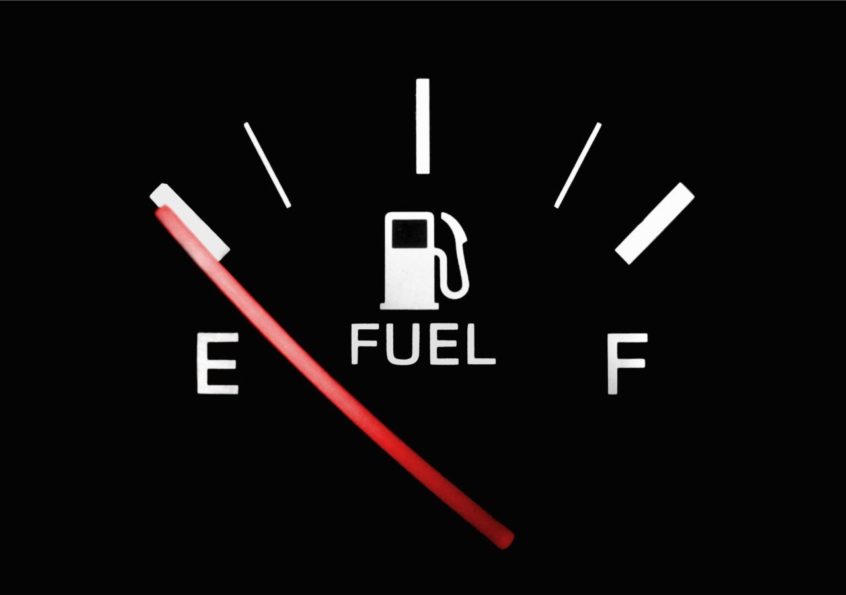I’ve been experiencing burnout lately…
I’ve overextended myself, and am juggling multiple writing gigs, along with a full time job here at The Society.
Burnout is different from stress.
It lingers.
And sneaks up on you out of nowhere.
Burnout has been hurting my relationship with my girlfriend, and also my relationship with my colleagues (Neil included).
It’s hard to love others, when you don’t love yourself—and burnout definitely affects your self-worth.
Today’s blog post is about identifying the symptoms of burnout – so you can prevent it from sneaking up on you.
Maslach Burnout Inventory
While researching for this post, I came across something called the Maslach Burnout Inventory (MBI)—which is the scientific framework for identifying burnout.
The MBI defines burnout as “a psychological syndrome of emotional exhaustion, depersonalization, and reduced personal accomplishment that can occur among individuals who work with other people in some capacity.”
Everyone is susceptible to burnout.
Here are the three stages of burnout:
Emotional Exhaustion
This is the feeling of being emotionally overextended, drained, and overwhelmed by your work.
The MBI defines emotional exhaustion as no longer being able to give yourself to work or others at a psychological level.
Depersonalization
This is the development of negative and cynical attitudes towards your colleagues and clients.
The MBI shows that this is caused by emotional exhaustion.
Reduced Personal Accomplishment
This is when you start to develop negative feelings towards yourself.
This shows up as poor self-esteem, low self-efficacy, and overall, downplaying your abilities.
In spite of all of your accomplishments, you’re still upset about your skills, and where you are in your career.
Usually, just one of these symptoms, triggers a negative cascade of the others. It’s an ugly cycle, and it only accelerates itself.
According to the MBI, there are six risk factors that lead to burnout.
1. Workload: Having too much work, with too little resources (including time)
2. Control: Being micromanaged or not having enough influence or meaning in your work.
3. Reward: Working for not enough pay, not receiving enough acknowledgement, or feeling little satisfaction towards your work.
4. Community: Working in isolation and experiencing conflict or disrespect with those around you.
5. Fairness: Being discriminated against or falling on the short end of the stick in regards to favoritism.
6. Values: Having ethical conflicts with the work or completing meaningless tasks
It’s worth noting that you don’t have to experience all of those risk factors to experience burnout.
I’ve only experienced two (community and reward), and started to feel burnout creeping.
This is different from “stress”, because burnout is a chronic condition; which means it is constant and ongoing.
When you experience the three stages of burnout everyday, you’re experiencing chronic burnout.
And when you feel burnout creeping, you should do what you can to prevent it:
—Take a [long] break from work…
—Talk to people and seek help (coaching, mastermind groups, anything.)
—Have that uncomfortable conversation with your boss.
—And if you’re brave, leave your job…
If this scares you, start working on your next gig, and formulating an exit strategy from your job now.
Burnout is uncomfortable, inevitable, and the enemy of happiness.
When you’re experiencing the symptoms of burnout, it’s time to unplug and take a deep look at your current situation.
What helps me the most with combating the symptoms of burnout:
1. Working on my meaningful side hustle and personal writing projects.
2. Unplugging from technology and work, and getting lost in nature.
3. Hitting the gym and playing basketball (aggressively). Try to do it first thing in the morning.
4. Meditating.
5. Journaling.
6. Layering my time the way Neil does.
It’s important to recognize these factors BEFORE you burnout. So while you still have gas left in your tank, save this post for the next time you smell burnout settling in.
While Neil is writing books, Richard Arthur is busy sharing his latest knowledge with readers. If you want to be on the inside, and learn the latest tools and techniques we are using here to improve our lives and the lives of others, then you’ll want to be part of this limited email distribution list. Click here while we’re still doing this.

